Health, Mental Health, and Healthcare
Long-term Patterns of Maternal Stress for Mothers with Intellectual Disabilities and Borderline Intellectual Functioning: What the Future of Families and Child Wellbeing Study Tells Us
The ParentingWell Practice Approach Within US Adult Mental-Health Services
The ParentingWell Practice Approach is an approach for behavioral-health practitioners that incorporates conversations about parenting and family experiences when the practitioners are working with adults with mental illness. This study focuses on the adaptation and implementation of the ParentingWell Practice Approach in Massachusetts.
A Remote Peer Support Intervention for Deaf Parents: Findings from a Pilot Study
Key Considerations in Building the Organizational Capacity to Implement Peer Supports for Parents with Mental Illness
The ParentingWell Practice Approach: Findings from Recent Research
Deaf and Hard-of-Hearing Mothers: Two-Part Series on Experiences and Disparities
These research reports describe Lurie Institute research in collaboration with researchers at the University of Michigan Medical School on the pregnancy and postpartum experiences of Deaf and hard-of-hearing mothers. Part One is on Pregnancy Outcomes and Disparities for Deaf and Hard-of-Hearing Mothers. Part Two is on Deaf and Hard-of-Hearing Mothers’ Experiences with Pregnancy Care: Explaining Disparities.
Fatherhood with a Disability: Health and Unmet Needs
The Talk: Do Women with Cognitive Disabilities Get Enough Information about Contraception?

Creating the Capacity for Interventions for Parents with Mental Illness

Hospitalization During Pregnancy among Pregnant Women with Intellectual and Developmental Disabilities
Women with intellectual and developmental disabilities, or IDD, face significant health and socioeconomic disparities during pregnancy and childbirth. To identify some of these disparities between the pregnancy experiences of women with and without intellectual disabilities, we conducted a study of pre-childbirth hospitalizations among women with and without IDD using the Massachusetts Pregnancy to Early Life Longitudinal Data System (PELL).

Developing Peer Supports for Parents with Mental Illness
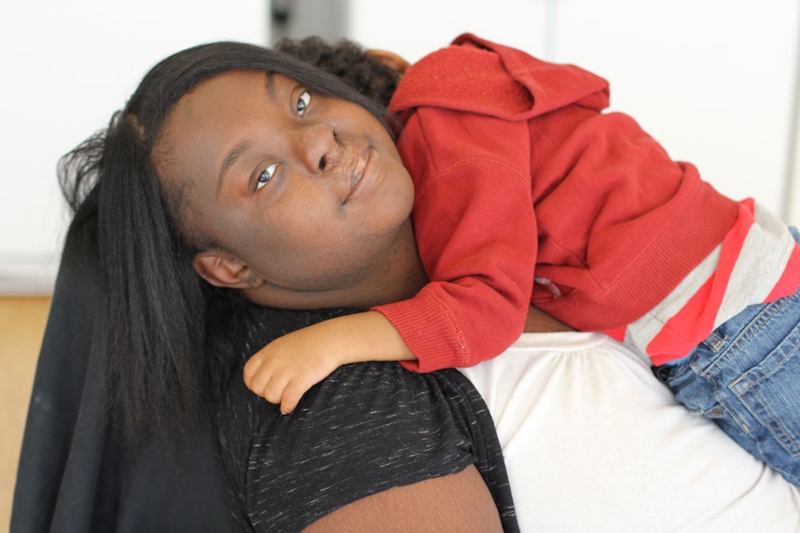
Birth Outcomes among US Women with Intellectual and Developmental Disabilities

Emergency-Room Visits Among Infants Born to Mothers with Disabilities
Women with disabilities are increasingly likely to become pregnant and have children. As more disabled women become mothers, the need for providers to understand the health and healthcare needs of these women becomes more apparent. Studies have shown that the infants of women with chronic illnesses and physical, psychiatric, and intellectual disabilities have a higher likelihood of being preterm, being small for their gestational age (their age since conception, rather than birth), or having a low birth weight.
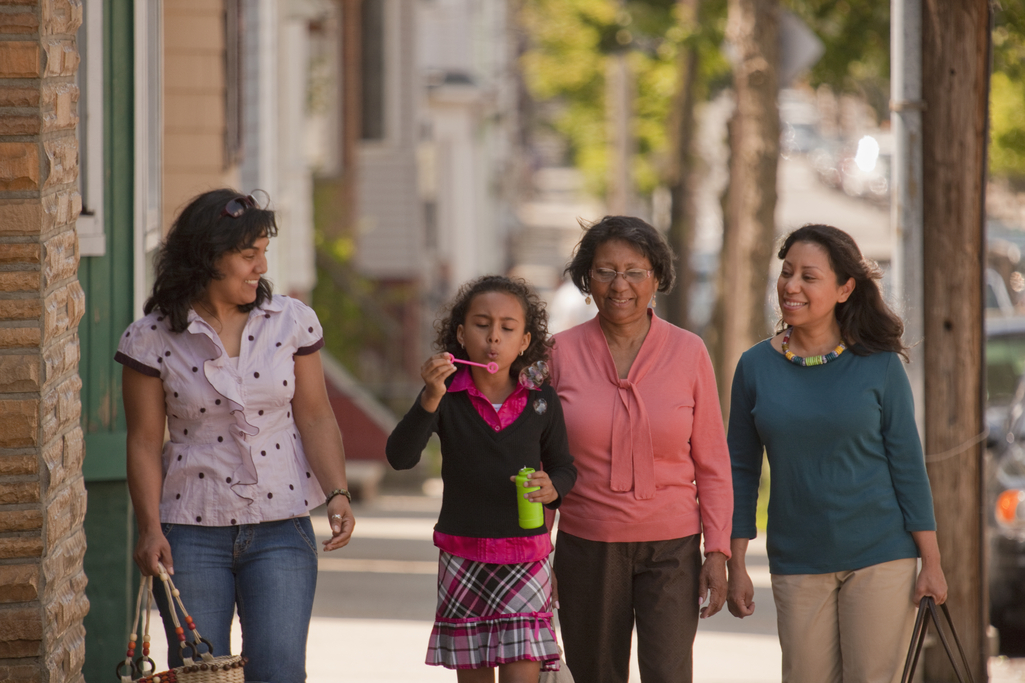
Health of Parents With and Without Disabilities

The IDD Women's Study: For Providers
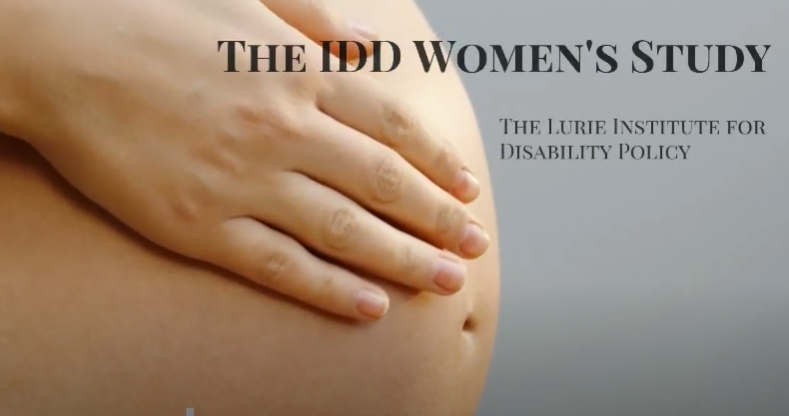
The IDD Women's Study: For Self-Advocates
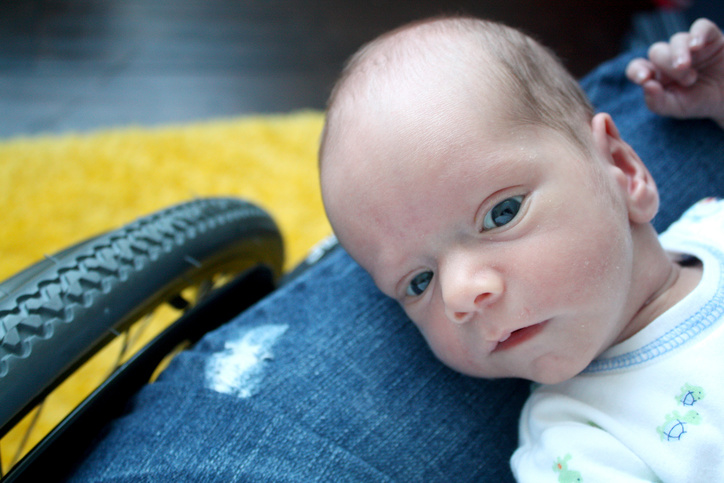
Obstetric Clinicians' Experiences and Educational Preparation for Caring for Pregnant Women with Physical Disabilities: A Qualitative Study
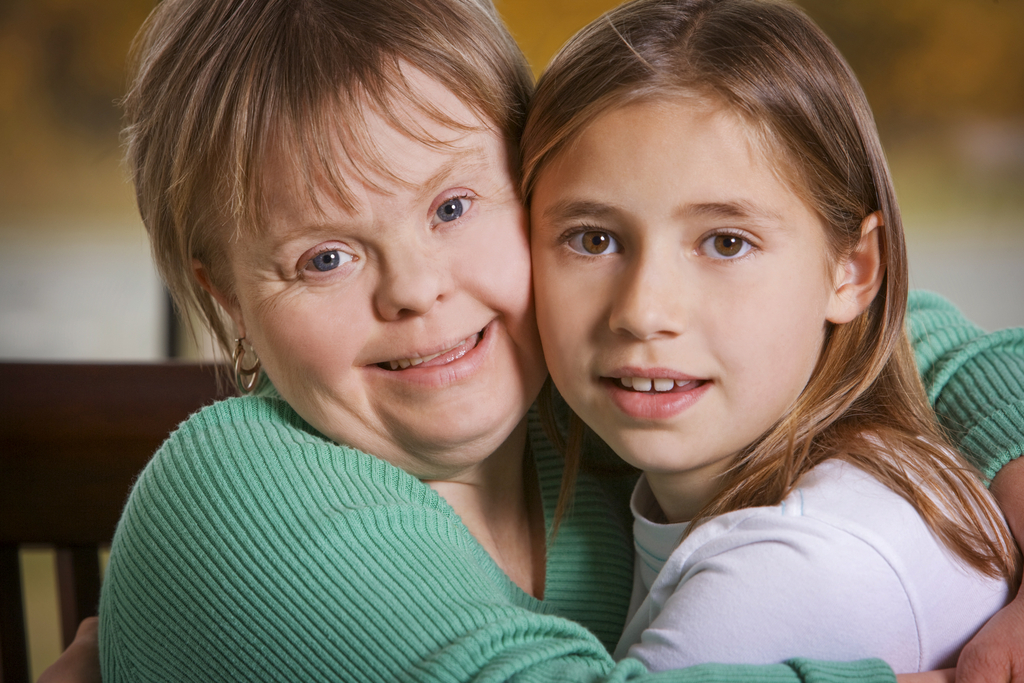
Postpartum Hospital Utilization among Massachusetts Women with Intellectual and Developmental Disabilities
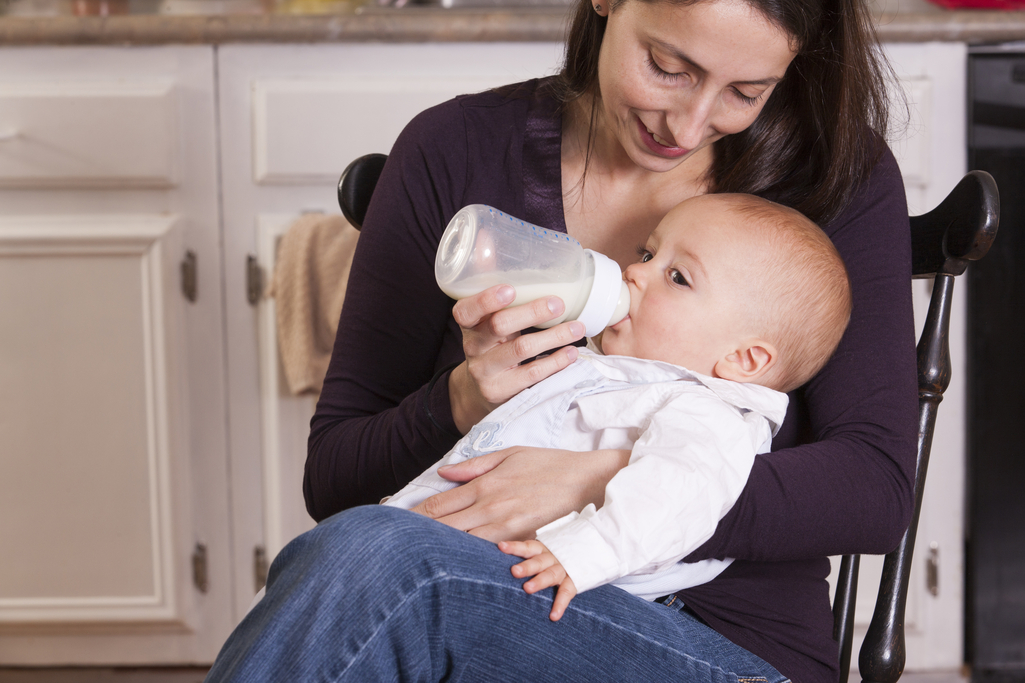
Pregnancy, Birth, and Infant Outcomes among Women Who Are Deaf or Hard of Hearing
Deaf and hard-of-hearing women are more likely to have chronic conditions, pregnancy complications, and poor birth outcomes than hearing women. These poor birth outcomes included preterm birth and very low birth weight. Our findings suggest that healthcare providers should communicate more accessibly with deaf and hard-of-hearing women.
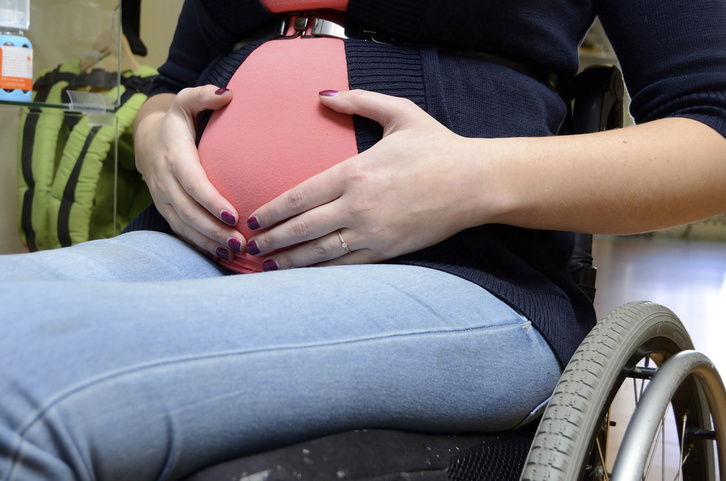
Pregnancy among Women with Physical Disabilities: Unmet Needs and Recommendations on Navigating Pregnancy

Risky, Unaffordable, and Inequitable: Race, Ethnicity, Birth Outcomes, and Hospital Charges
Women who experience both racism and ableism may be especially vulnerable to poor outcomes, but researchers know little about racial and ethnic variations in birth outcomes among women with IDD. Our study addresses this gap and adds to the emerging body of research on the relationships between race, ethnicity, and disability. Learning about birth outcomes and the costs associated with labor and delivery among racial and ethnic minorities with IDD will help improve the quality of care for vulnerable populations, control costs, and address healthcare disparities.
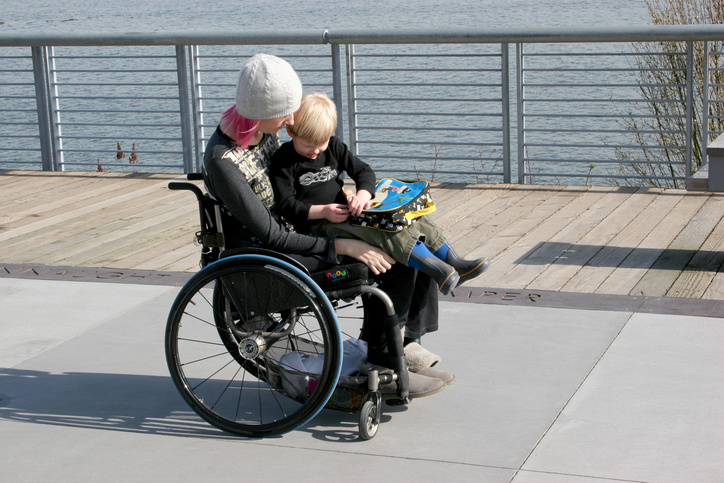
Unmet Needs of Mothers with Disabilities
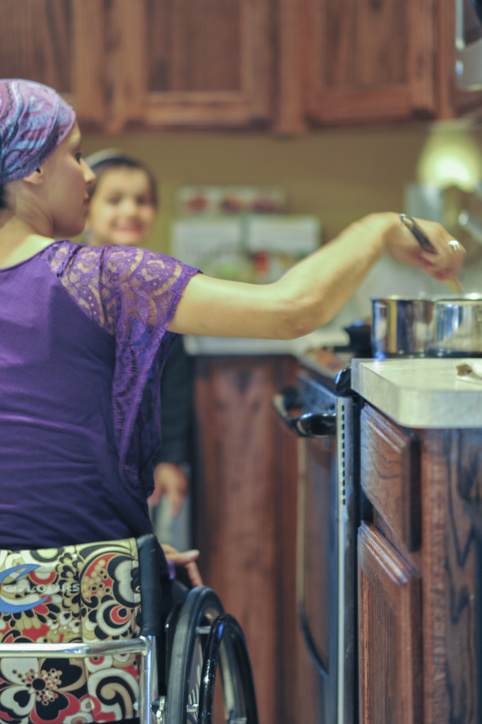
Stigma and Stereotypes Facing Mothers with Disabilities

ParentingWell

Female Sterilization and Cognitive Disability in the United States

Provision of Moderately and Highly Effective Reversible Contraception to Insured Women with Intellectual and Developmental Disabilities

Sterilization of Women with and without Cognitive Disabilities in the United States

